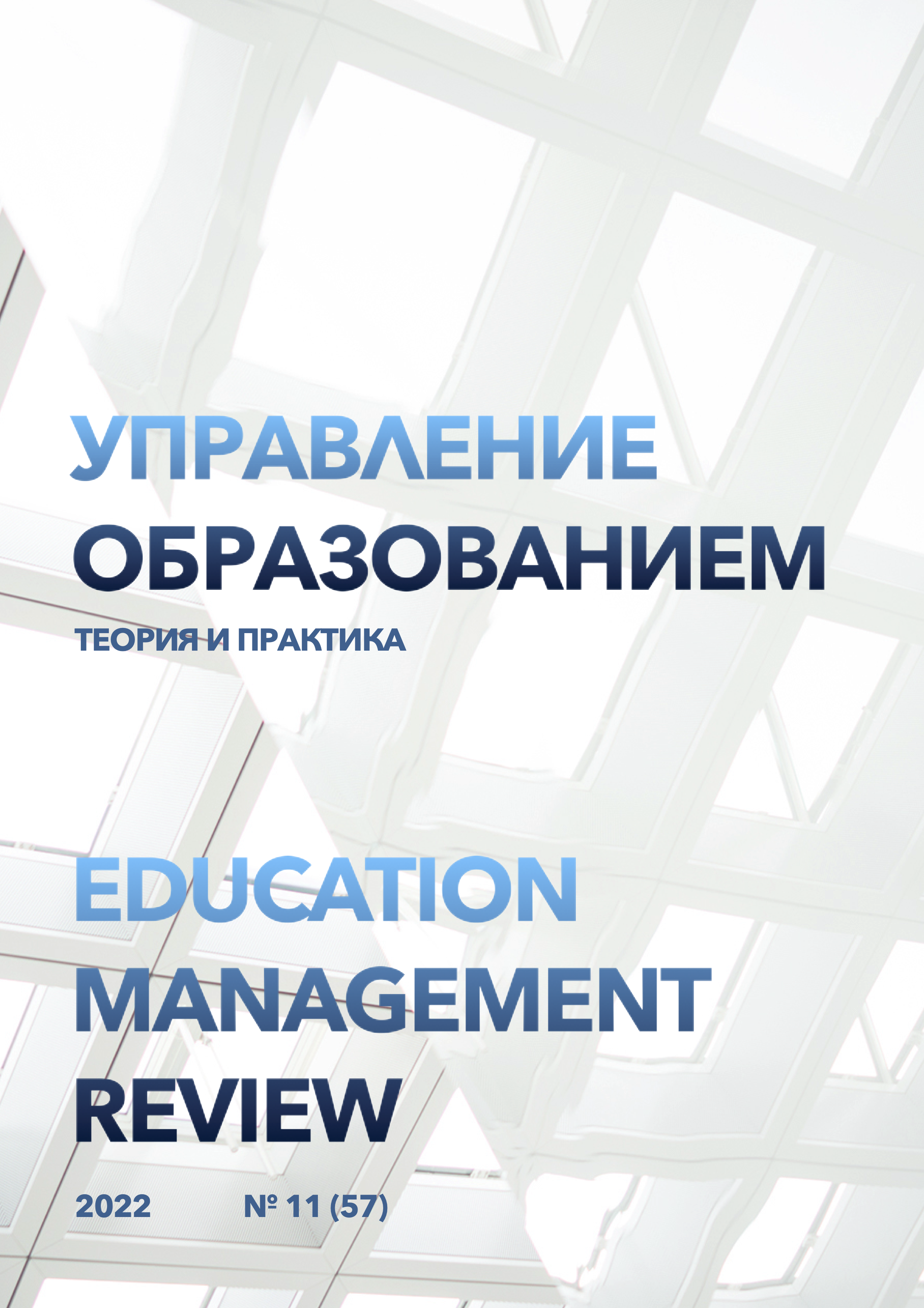Opportunities for the formation of pedagogical conditions for the formation of a culture of food consumption
DOI:
https://doi.org/10.25726/d7319-8822-8124-nKeywords:
culture, education, pedagogical conditions, consumption, healthAbstract
Health as one of the fundamental conditions for a full-fledged human life is a priority of all developed countries of the world. The problem of human health today is an object of research in many fields of science and practice, because the attitude to health, awareness of its value is considered an indicator of the civility of the state, an attribute of national culture, a guarantee of the well-being of society. Now in Russia, the health of the population, especially young people, is becoming threatening in terms of the viability and security of the nation. However, as you know, the most powerful factor of health is a person's lifestyle, which, in turn, depends on the level of general culture and the culture of personal health as its component. Thus, the leading role in solving the problem of both individual health and the health of the population as a whole belongs to the field of education and upbringing. The purpose of the study: substantiation and experimental verification of the effectiveness of pedagogical conditions and means of forming a culture of health of students in a higher educational institution. During the measurement of the initial level of the students' health culture, it was found out that its level was within the elementary. The dynamics of positive growth in all components of the health culture proves the validity of the hypothesis put forward.
References
Boichenko, V. (2015). Levels of Future Teachers' Pedagogical Thinking Formation: Results of Pedagogical Diagnostics. The Advanced Science Journal, 6, pp. 73-78. DOI: 10.15550/ASJ.2015.06.073
Colton, A., Sparks-Langer, G., Tripp-Opple, K. & Simmons, J. (1989) Collaborative Inquiry into Developing Reflective Pedagogical Thinking. Action in Teacher Education, 11:3, pp. 44-52. DOI: 10.1080/01626620.1989.10462737
Demikhova, N.V., Smiianov, V.A., Prikhodko, O.A., Telizhenko, O.M., Lukyanikhin, V.O., Lukyanikhina, O.A., & Demikhov, O.I. (2016). Information and telecommunication technologies and problem-based learning in the formation of competitive competence in medical masters of Sumy state university. Azerbaijan Medical Journal, 2, pp. 95-101.
Milner-Bolotin, M. (2020). Deliberate Pedagogical Thinking with Technology in STEM Teacher Education. In: Ben-David Kolikant Y., Martinovic D., Milner-Bolotin M. (eds) STEM Teachers and Teaching in the Digital Era. Springer, Cham., pp. 201-219. DOI: 10.1007/978-3-030-29396-3_11
Mylläri, J., Kynäslahti, H., Vesterinen, O., Vahtivuori-Hänninen, S., Lipponen, L., & Tella, S. (2011). The students’ pedagogical thinking and the use of ICTs in teaching. Scandinavian Journal of Educational Research, 55(5), pp. 537-550. DOI: 10.1080/00313831.2011.555920
O’brien M. (2012) Portraits of Pedagogical Thinking. In: Whisperings from the Corridors. SensePublishers, Rotterdam, pp. 35-51 DOI: 10.1007/978-94-6209-164-1_4
Prokopenko, O., Osadchenko, I., Braslavska, O., Malyshevska, I., Pichkur, M., & Tyshchenko, V. (2020). Competence approach in future specialist skills development. International Journal of Management, 11(4), pp. 645-656.
Salminen, J., & Annevirta, T. (2016). Curriculum and Teachers՚ Pedagogical Thinking When Planning for Teaching. European Journal of Curriculum Studies, 3 (1), pp. 387-406.
Suriya I. Gilmanshina, S. et al. (2015). Professional Thinking Formation Features of Prospective Natural Science Teachers Relying on the Competence-Based Approach. Review of European Studies, 7(3), pp. 341-349. DOI: 10.5539/res.v7n3p341
Tkachenko, V., Kuzior, A., & Kwilinski, A. (2019). Introduction of Artificial Intelligence Tools into the Training Methods of Entrepreneurship Activities. Journal of Entrepreneurship Education, 22(6), 1-10. https://www.abacademies.org/articles/Introduction-of-artificial-intelligence-tools-1528-2651-22-6-477.pdf
Trigwell, K. & Shale, S. (2004). Student learning and the scholarship of university teaching. Studies in Higher Education, 29(4), pp. 523-536.
Vozniak, V. (2019). New pedagogical thinking: the essential characteristics. Problems of Humanities Philosophy, 41, pp. DOI: 10.24919/2522-4727.41.168523

